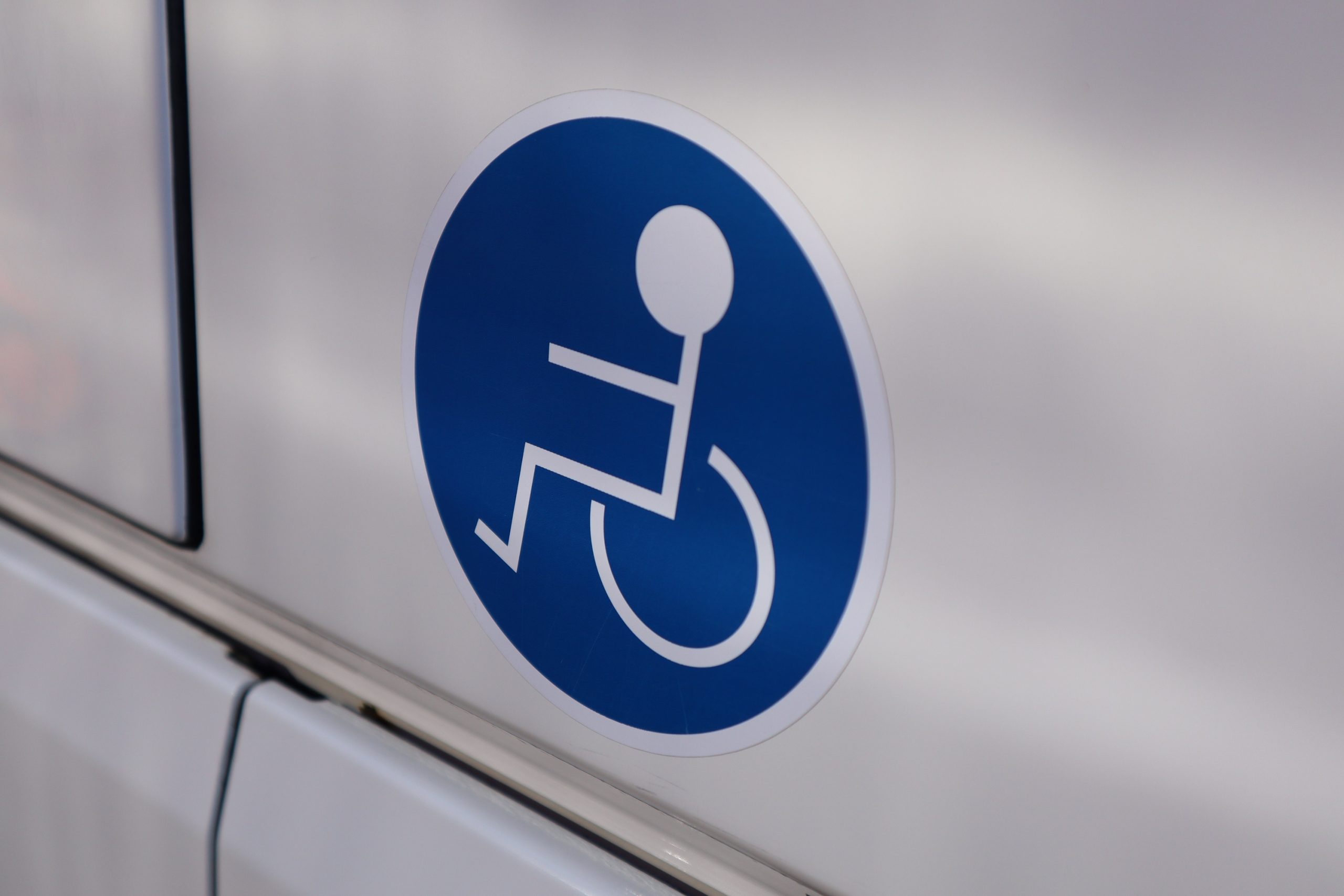Bus Users UK has published results of its Accessibility Audit, saying operators have made improvements in some respects but adding that more work was needed particularly when it comes to driver disability training.
The second annual survey, which this year included responses from more than 40 regions across Great Britain, showed more operators were offering audio-visual announcements and printed materials. The charity concluded this was due to increased recognition that digital exclusion was a barrier to accessibility.
The report revealed that 78% of respondents said they had introduced on-board audio-visual announcement, topping the list of features and technology introduced to make journeys better for disabled people. Earlier this year, the government made it mandatory for all coaches and buses to feature visual and audible onboard announcements by 2026.
A new app or website was the second most common improvement made, with 52% of operators listing this, followed by more space to manoeuvre wheelchairs (48%).
The volume of operators who said they used printed materials to communicate with customers rose sharply from 59% in the initial survey to 85% this time around. Websites remained the most popular means at 93% followed by social media at 89%. Eighty-two per cent of respondent used “meetings in person and virtual” – this compared to the 29% who said they engaged in community groups and meetings in last year’s survey.
However, Bus Users UK say operators are “failing to meet their legal duties” as just 89% of respondents reported they trained their drivers in disability awareness and assistance training. The body is also disappointed to see the number of operators who required drivers to pull into every stop regardless of whether waiting passengers signalled decreased from 71% to 52%.
Some 19% of responders said more than 50% of its fleet was PSVAR-compliant, with 81% reporting this as 100%. All respondents said drivers were required to deploy the ramp when asked. Seventy-eight per cent said they waited for passengers to be seated before pulling away “where possible”.
Dawn Badminton-Capps, Bus Users Director for England, says: “It was extremely encouraging to see how many operators are working alongside their local communities to improve access to services. We also saw many examples of operators going above and beyond their basic legal duties.
“However some operators are still failing to meet their legal responsibilities to passengers and while the number is falling, just 89% reported training their drivers in disability awareness and assistance training. This should be 100%.
“The number of people who are older or have a disability, illness or mental health issue will continue to grow. Anything done to improve their journey will not only benefit current bus users, it will encourage even more of us onto these vital, sustainable services.”



























